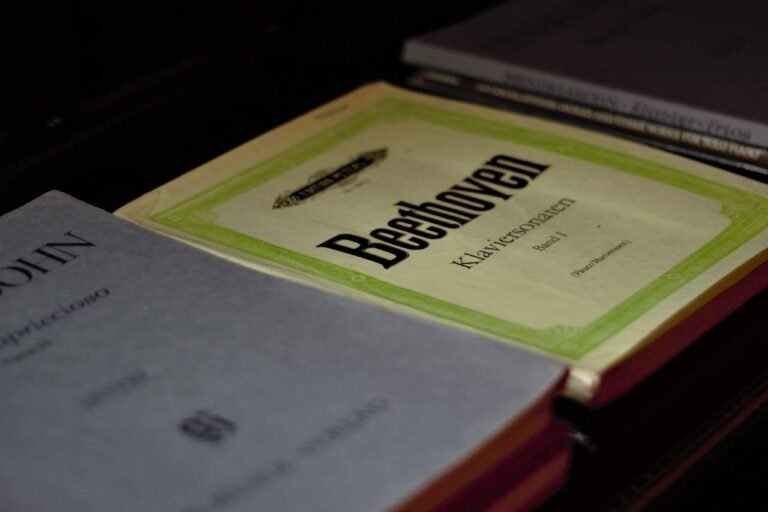Why you often have more time than you think
Visualise for a moment, the goalkeeper who with no imminent danger, rushes his kick out of the penalty box, only to pass the ball straight to the opponent’s striker, who in a moment of footballing madness, simply rolls the ball along the ground, past the floundering keeper’s arms and into an empty net.
Whilst such moments can be a thing of pure comedy, this sporting analogy has parallels throughout all walks of life, from business to music and from our buying decisions to how we live our lives. It serves as a simple illustration of two contrasting people – one who gets into a self-induced rush to get something ‘off the desk’ only to result in unwanted consequences and another, who realising he has time, remains cool and calm in executing his objective simply and effectively.
The hamster wheel
In a busy world, the pressure of a job or life generally can make it feel like you don’t have time to stop before doing something; always flitting from one thing to the next… and then the next…the constant conveyer belt. For students, the pressure of assessments and exams can also make it seem as though there is no time to stop and take in what is being taught, the final exam feeling more important than what we are actually learning.
Additionally, for stage performers and sports people, thinking that you are short on time can mean that you decide to miss out fundamental parts of daily warm up routines that are actually vital to keeping on optimum form and protecting from injury.
The consequences of autopilot
Thinking that you have little time means that you start to always work on auto-pilot. An autopilot that if left running all the time loses the ability to sense check, to challenge, to plan, to change direction and to do so many things that depend on your ability to stop for a moment and think. In turn, you may unknowingly start to skip important things that are crucial to your job and life. And in doing so, you may begin to assume that skipping them is ok.
Assumptions can affect the way that you work, study and live. If you assume that you have no time to stop and think through something before doing it, your mind may have become focussed on just one thing – what will happen if I don’t finish that thing when I think I ought to? That in turn may invoke a feeling of the fear of potential failure, which in itself may cause the body to go into ‘fight or flight’ mode, our natural defence to sensing a threat.
When the merry-go round stops
The issue with a ‘fight or flight’ response is that continually fighting against ourselves to meet constant deadlines, or to try and perform ‘perfectly’ without stopping and taking time to assess whether that is sensible or actually achievable is counter-productive, as it imposes enormous strain on the body’s muscles and in turn, our ability to ‘think straight’.
Over a sustained period of time, that muscular pressure builds up and can lead to acute pain, unhappiness, injury , exhaustion and burn out. And at that point, we take flight and have to stop to work out how to unravel how we arrived in that state in the first place.
A more natural approach
However, understanding that you have more time than you often think, can make a huge difference. So why is that?
For the business person, allowing yourself time gives you the opportunity to stop and assess whether you could do something more effectively and that then indirectly, can often free up time to look at other opportunities. For the student, switching the number one focus from assessments and exams to real understanding and its application in life, ultimately creates a more rounded individual, more capable of thinking on his/her feet in a chosen profession. For the person juggling daily work and family responsibilities, it allows the foresight to stop and plan a little and to be more realistic about how much one can actually handle.
And so back to our unfortunate goalkeeper – perhaps stopping to look for where his team mates were on the pitch, rather than trying to impress with the longest goal kick ever, would have retained focus on the technique required to execute a decent kick.
Failing to stop serves no purpose, only to work and live continuously on autopilot. As has been shown, the consequences of that can be far reaching and harmful. Thinking that you always have some time will help you to work smarter, study more effectively and when the pressure is really on, to maintain a cool mindset and perform to the best of your potential.








